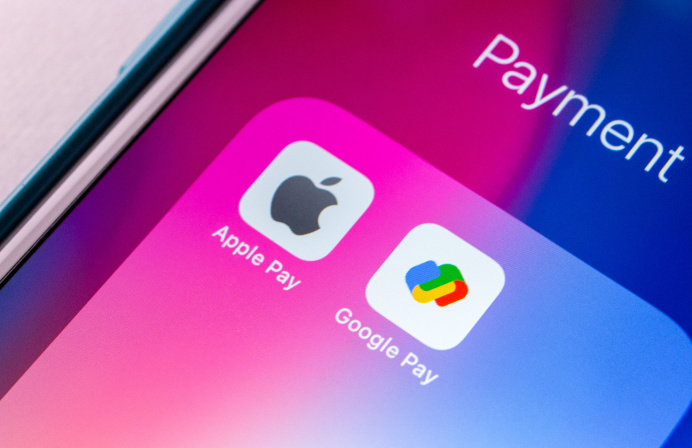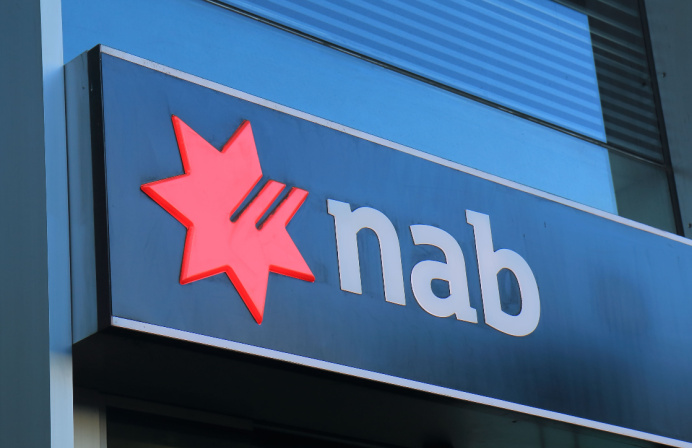
Digital wallets provided by bigtechs Apple and Google will soon come under the same regulations imposed on credit card and EFTPOS transactions under a proposed update to the Payments Systems Act by the Australian Government.
The mooted rule changes, which have been put to public consultation, would amend the Payment Systems (Regulation) Act 1998 to give payments regulator the Reserve Bank of Australia (RBA) the ability to regulate all entities involved in the payments value chain.
This, the Government flagged, would include entities with or without a direct relationship to a payment system, such as digital wallet providers and Buy Now Pay Later (BNPL) service providers.
This rule change effectively expands the definition of a payments “participant”, bringing under its umbrella providers of BNPL products and digital wallet passthrough services (such as ApplePay and Google Wallet).
It would also include cash in-transit services and services that facilitate payment in crypto assets (such as payments stablecoins), where such entities provide services to existing payment systems (such as Visa or Mastercard schemes).
The Government said rule changes would “ensure regulators and government can address new risks related to payments as the provision of payments evolves and increases in complexity”.
A further amendment would also give the relevant Government minister the power to subject a particular payment service or platform, one “that presents risks of national significance”, to additional oversight by regulators.
Announcing the consultation and draft legislation, Federal Treasurer Jim Chalmers argued that the new regulations would increase transparency around payments services and related costs charged to consumers and businesses, as well as protect consumers, promote competition and drive paytech innovation.
“As payments increasingly become digital, our payments system needs to remain fit for purpose so that it delivers for consumers and small businesses,” Chalmers said in a statement.
“We want to make sure the shift to digital payments occurs in a way that promotes greater competition, innovation and productivity across our entire economy.”
Australians have no doubt shown a growing preference for mobile wallet-based transactions over the last few years.
Statistics from the RBA reveal that the share of debit and credit card transactions made via mobile wallets more than doubled between the March quarter of 2020 and the March quarter of 2022 – from 10 to 25 per cent.
Use of BNPL services has also grown significantly, with the number of Australians holding BNPL accounts increasing from five million to around seven million accounts over the year to June – though the RBA acknowledged that some Australians would hold more than one account.
Bigtech’s response to draft legislation
While Google, in its submission to the payments system reform consultation, was broadly supportive of the Government’s proposed rule changes, “provided that the exercise of powers under the legislation are subject to appropriate guardrails”, it made a point to stress that it is “not involved in the money flow nor involved in the authorisation of a transaction, which rests solely with the issuing bank”.
Apple took a harder line, however, arguing that such regulatory change could potentially “stifle the dynamic innovation” of the local payments system.
“Apple believes the proposed expansion … will increase regulatory burden without a net public benefit, give rise to … regulatory error and stifle the dynamic innovation that has characterised Australia’s payment system over recent years,” Apple claimed in its submission.
Furthering Google’s argument, Apple reasoned that digital wallets function as ancillaries to credit cards and therefore should not have to follow the same rules.
“Apple does not process or have any control over any payments. It is not a member of the relevant card schemes (e.g. Visa) relating to the cards.”
“All transactions are processed using the existing payment infrastructure operated by issuers, acquirers and their payment network operators.”
The bigtech further argued: “Apple Pay can only operate with an existing debit, credit or prepaid card issued by a third party… does not have access to a cardholder’s account to determine whether funds are available… [and] does not collect any transaction information.”
Apple also flagged concerns around the proposed “national interest” test, arguing that it is “[not] appropriate for achieving the policy intentions articulated in the Consultation Paper”.
“Apple does not consider that the proposed approach to delineating the Treasurer’s national interest powers (as opposed to the RBA’s public interest powers) is either clear or effective.”
While the draft legislation includes reference to a national interest test that “will allow the Minister to address payments issues that are beyond the RBA’s current powers to designate a payment system in the public interest”, a number of submissions have noted that there is still a lack of clarify on what these national significance considerations are.





